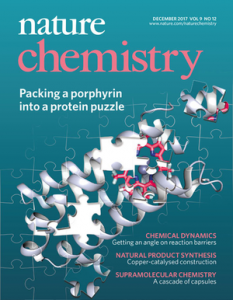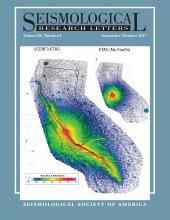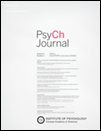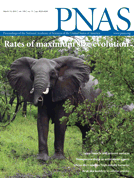 A Nobel Laureate has retracted a 2016 paper in Nature Chemistry that explored the origins of life on earth, after discovering the main conclusions were not correct.
A Nobel Laureate has retracted a 2016 paper in Nature Chemistry that explored the origins of life on earth, after discovering the main conclusions were not correct.
Some researchers who study the origins of life on Earth have hypothesized that RNA evolved before DNA or proteins. If true, RNA would have needed a way to replicate without enzymes. The Nature Chemistry paper found that a certain type of peptide — which may have existed in our early history — made it possible for RNA to copy itself.
Jack W. Szostak—a professor of chemistry and chemical biology at Harvard University in Cambridge, Mass., who shared the 2009 Nobel Prize in Physiology or Medicine with Elizabeth Blackburn and Carol Greider for their pioneering research on aging—told us he was “incredibly excited” when he “thought we had at least a partial solution to this problem,” which researchers have been working on for over 50 years.
But in subsequent experiments, Tivoli Olsen — a member of Szostak’s lab — could not reproduce the 2016 findings. When she reviewed the experiments from the Nature Chemistry paper, she found that the team had misinterpreted the initial data: The peptide in question did not appear to provide an environment that fostered RNA replication.
The errors were “definitely embarrassing,” Szostak told us: Continue reading ”Definitely embarrassing:” Nobel Laureate retracts non-reproducible paper in Nature journal



 The authors of a 2017 paper on emotional and behavioral gaps between boys and girls have retracted the article after discovering a coding error that completely undermined their conclusions.
The authors of a 2017 paper on emotional and behavioral gaps between boys and girls have retracted the article after discovering a coding error that completely undermined their conclusions. 


